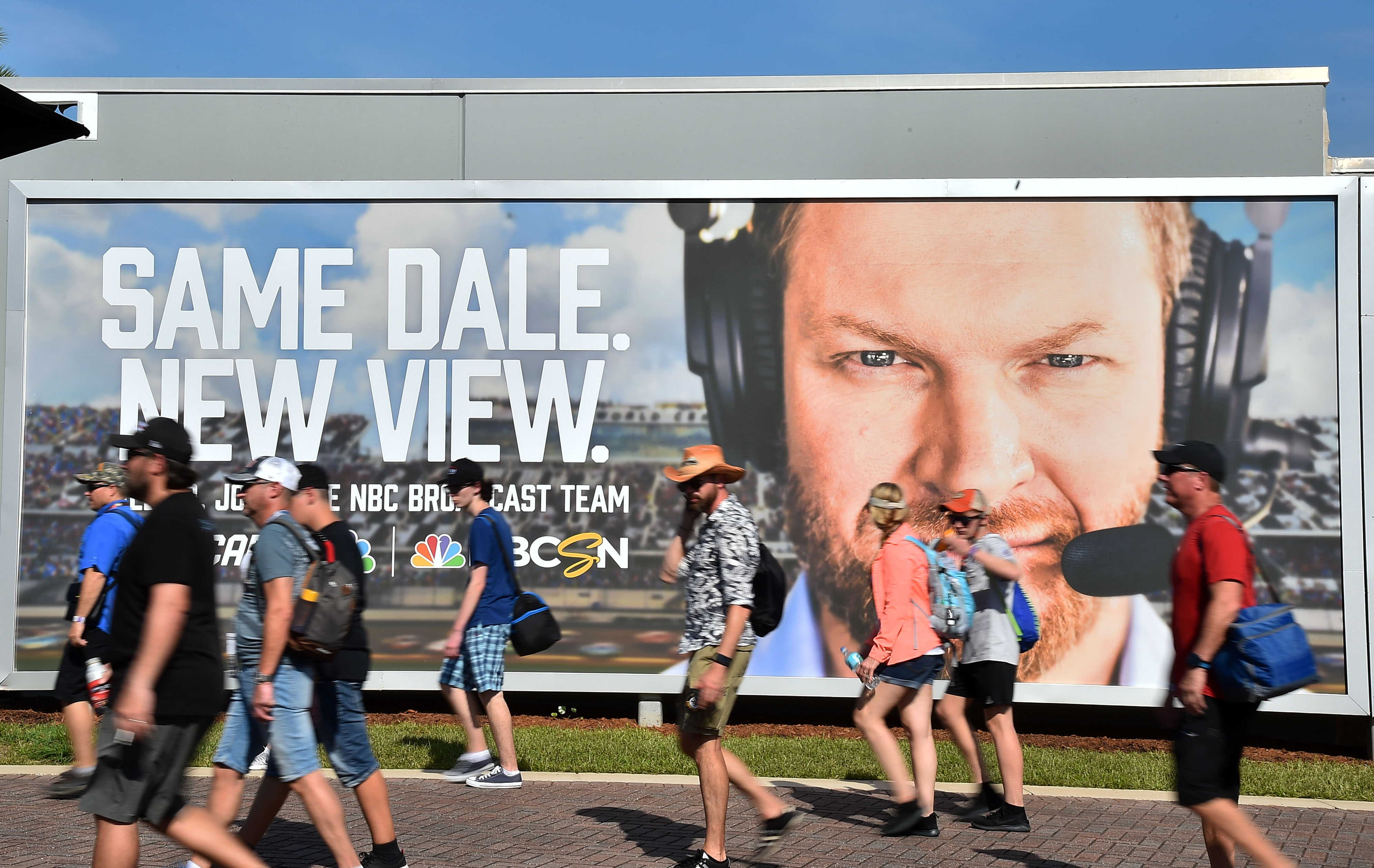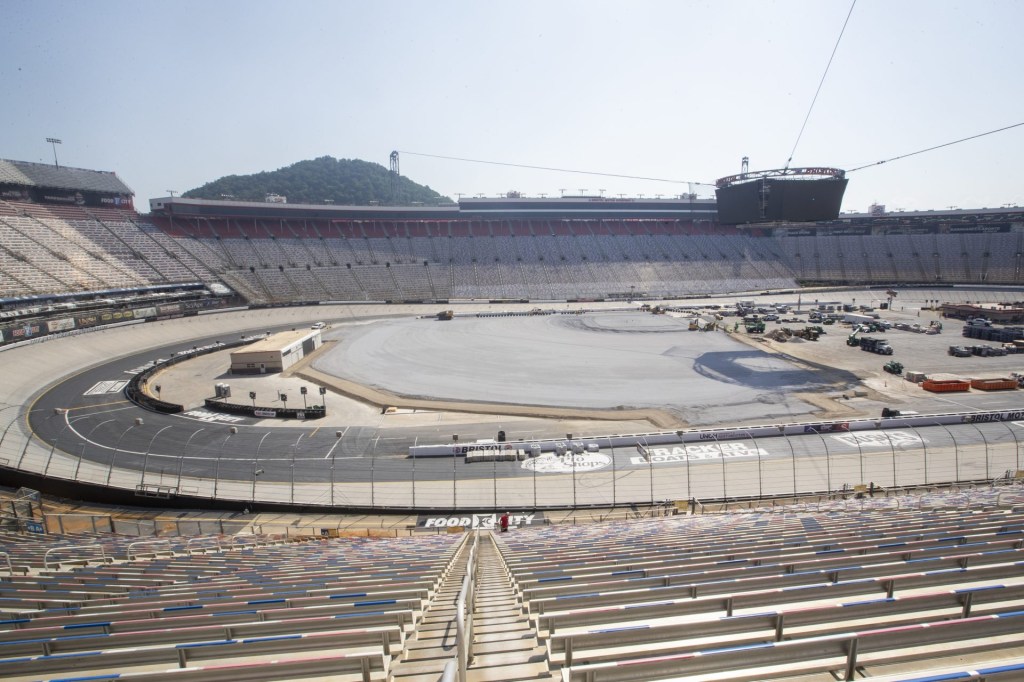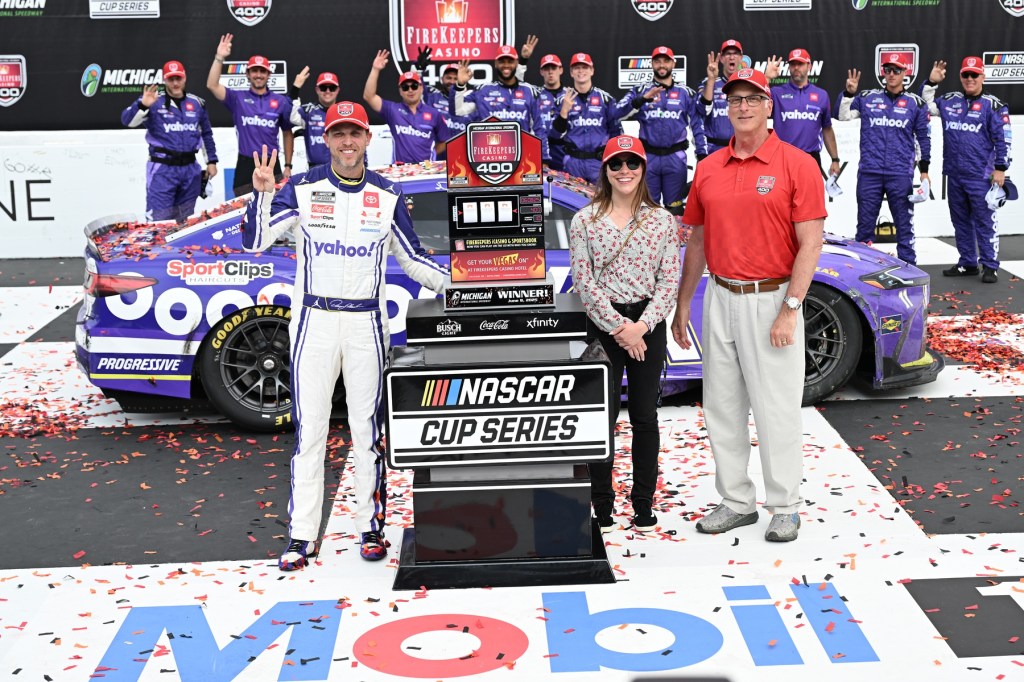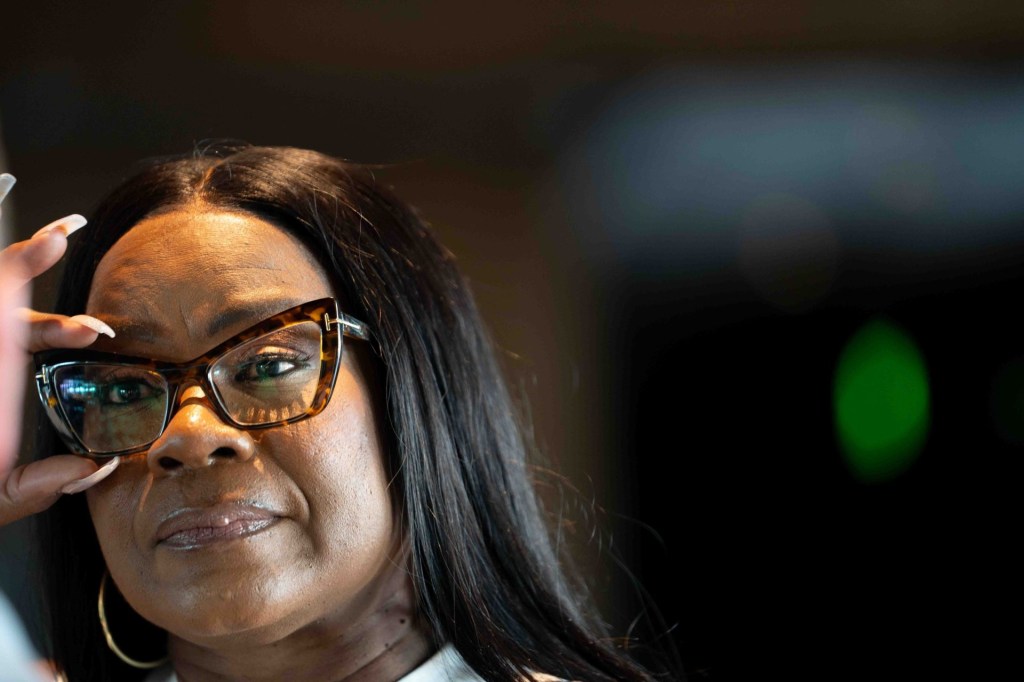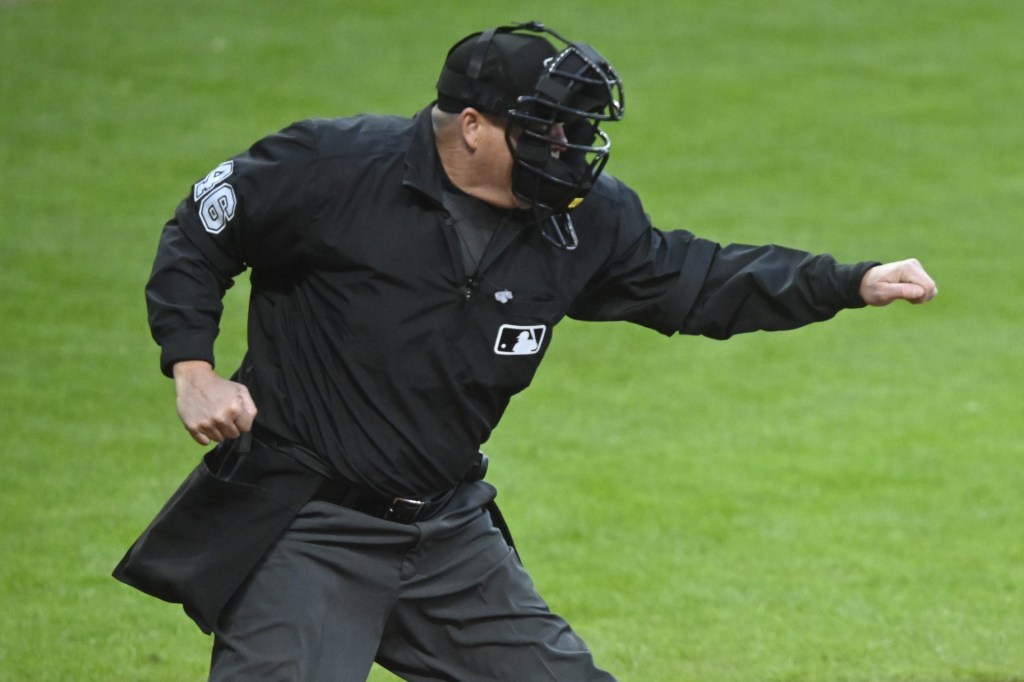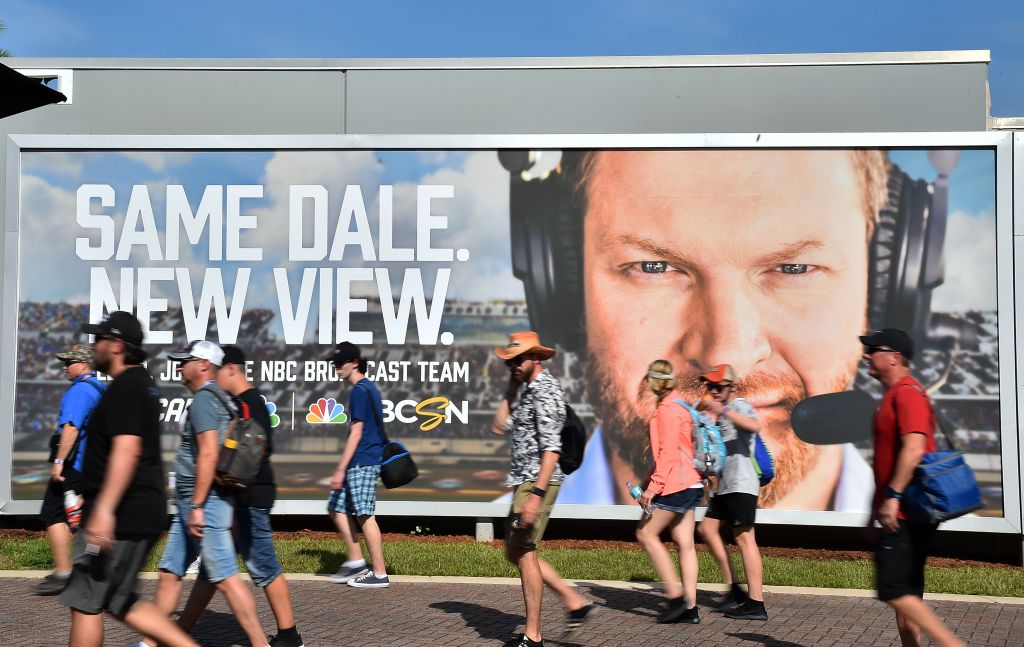
NASCAR has come a long way from its Winston Cup days when outlaw drivers like Dick Trickle smoked during races. Just ask Dale Earnhardt Jr., who’s gone from secret smoker to Madison Avenue pitchman for Nicorette Coated Ice Mint Lozenges.
Now an analyst for NBC Sports, Earnhardt calls quitting smoking several years ago “the best decision I ever made.”
“I didn’t use Nicorette when I quit. If I had this product, I certainly would have been able to quit quicker and sooner. The journey wouldn’t have been as rough and tumble for me,” says Earnhardt. “I tried to do it in multiple ways. I stubbed my toe and failed multiple times. Eventually, my wife (Amy Earnhardt) was the biggest catalyst in convincing me that I needed to finally put the effort in to quit.”
An estimated 34.3 million U.S. adults smoke cigarettes, according to the Centers for Disease Control and Prevention. More than 16 million suffer from a smoking-related disease.
The 44-year old Earnhardt was named NASCAR’s most popular driver 15 straight years. As a pro athlete, he was ashamed to be a smoker. He kept his habit hidden.
Earnhardt would secretly puff away in his trailer while older drivers still taped cigarette packs to the dashboards of their race cars. Or he’d light up in his car while driving between races and training.
His famous Dad, Dale Earnhardt Sr., didn’t smoke. The seven-time Winston Cup champion urged his son to quit before he was killed on the final lap of the Daytona 500 in 2001.
“It was something I didn’t do publicly. I didn’t want people to know about it if I could help it. I didn’t go to super great lengths to keep that a secret. But I definitely tried my best not to make it a public storyline,” recalls Dale Jr.
Still, this was the era when tobacco giant R.J. Reynolds Tobacco Company sponsored NASCAR’s biggest race series from 1971 to 2003. And grizzled drivers like Trickle installed working cigarette lighters in their race cars so they could smoke during caution breaks. Smoking was the thing to do, recalls Earnhardt.
“At one time, it was very cool. James Dean and all that. Back in the ’50s, ’60s and ’70s, race car drivers were walking around with cigarettes in their hands. Now it’s sort of a negative stigma. People think smoking is a weakness. It’s a flaw.”
READ MORE: Female Golfers Open Up About Influencers’ Role in Shaping the Future of the Sport
At the peak of his habit, Earnhardt smoked a pack-and-a-half-a-day. He doesn’t think it impacted his stamina during a race. (And no, he didn’t smoke in his race car like the late Trickle, who famously drilled a hole in his crash helmet so he could light up).
But as he got older, he worried about his long-term health. And the impact on his image.
“I think that all of us, whoever was a smoker, kept it under wraps. As an athlete, or a perceived athlete, you definitely don’t want that negative stigma, people thinking you didn’t take your job seriously. As far as people that I know, friends in my circle and so forth, we’ve all gotten away from it,” says Earnhardt, who captured two Daytona 500’s and 26 Cup Series wins during his racing career.
“It was once a social thing we all wanted to do — and enjoyed. Eventually, it became something that we knew was a problem. Something that we needed to quit. As we learned more about the negative impact it could have on you, we all got away from it. As I go through life, more and more people I know are quitting and moving on from smoking, which I think is a good thing.”
During his two-decade racing career, Earnhardt earned an estimated $410 million from salary, endorsements and race winnings, according to Forbes. He started his TV career with NBC nearly two years ago.
[mc4wp_form id=”8260″]
Besides his work as a “NASCAR on NBC” analyst, the Peacock network lets Earnhardt roam the sports landscape, reporting from NFL games, the Kentucky Derby and Olympics. From the beginning, NBC has wanted Earnhardt to be Earnhardt.
“The most important thing is his voice,” said NBC executive producer Sam Flood on a conference call after his hire. “We didn’t hire him to turn him into an announcer. We hired him to be himself, because that’s the most valuable thing he has.”
